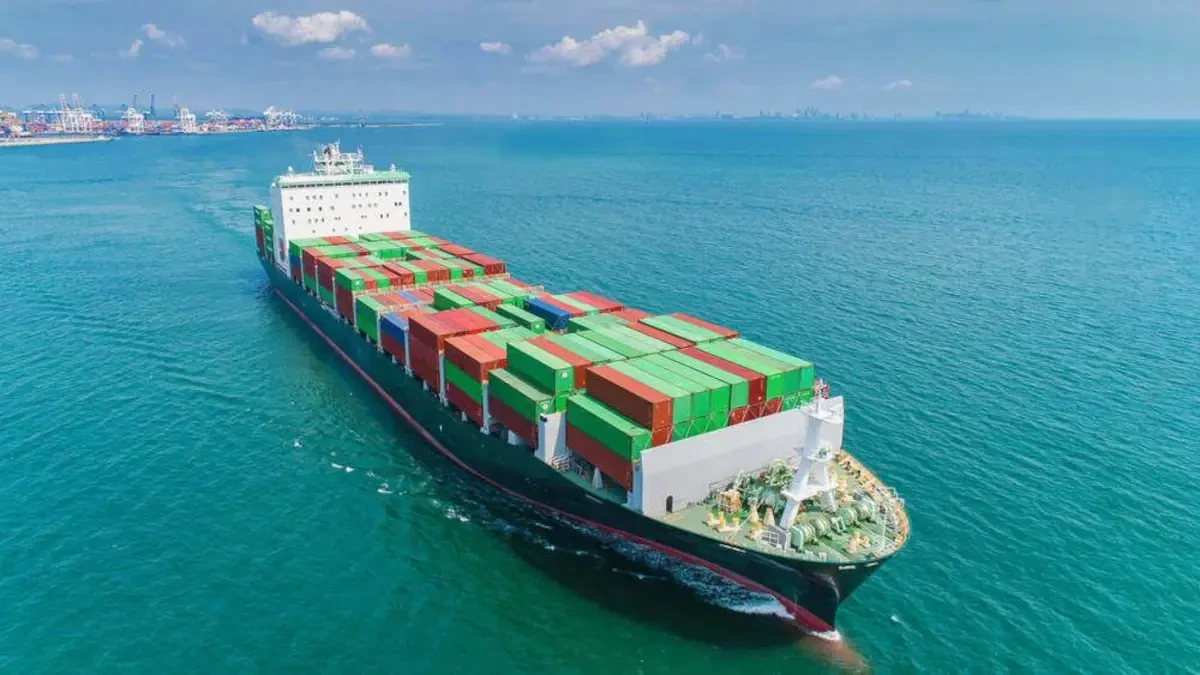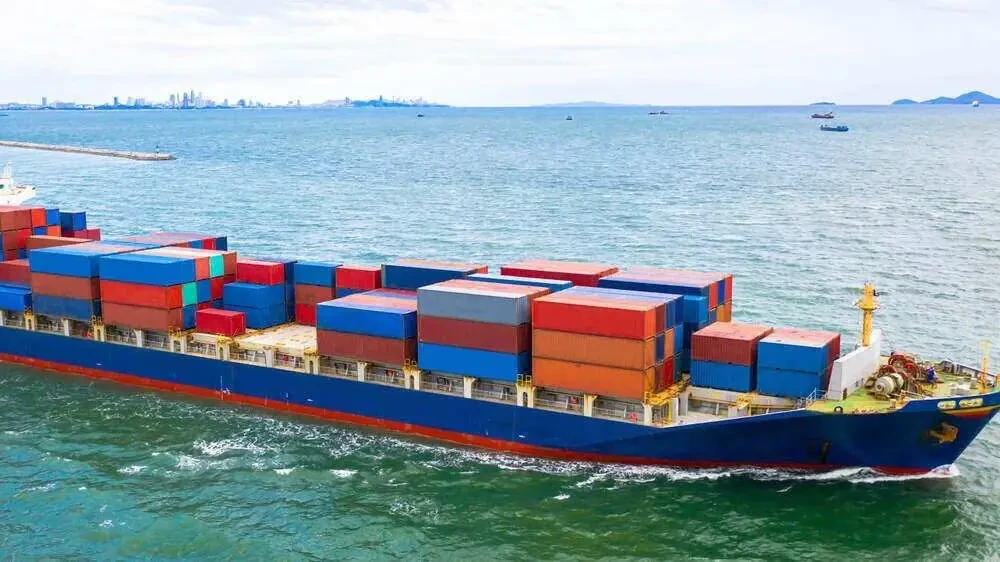Published by Joe Webster
Last updated Aug, 09 2025

Moving internationally is a complex and challenging process that involves more than just finding a reliable hauling company. It requires extensive planning, understanding immigration laws, navigating customs regulations, and managing overseas shipping. This significant life change takes considerable time and effort, as it encompasses not only the physical relocation of belongings but also adapting to a new culture, legal system, and possibly a new language.
International relocation, or shifting from one country to another, is a profound decision that affects every aspect of one's life. Unlike a cross-country haul, relocating internationally entails a comprehensive overhaul of your daily routine, requiring meticulous planning and research. From securing the appropriate visas and managing financial affairs to understanding new legal obligations and dealing with the logistics of relocating belongings across borders, each step presents its unique challenges. This process demands a significant amount of time, effort, and adaptation, making it essential to consider all factors involved thoroughly. By preparing adequately and seeking the necessary information and support, individuals can navigate the complexities of international relocation more smoothly, ensuring a successful transition to their new home abroad.
The Process of Deciding to Move Abroad
Embracing a new culture, experiencing new things, and living abroad can be tempting. But becoming an expatriate takes more than a dream or enthusiasm. A prosperous country transition requires careful planning and deliberation. Hauling abroad is a significant life transition that requires thoughtful planning, feasibility research, and execution.

First, establish motivations and analyze the pros and cons of migrating. Are you looking to move for career growth, education, or a change of scenery? Discovering 'why' can help you decide 'where' to shift. The disadvantages of a foreign relocation, such as language barriers, cultural adaptations, and isolation, must also be considered. Moving overseas should be carefully planned and done in a timely manner.
Financial Aspects of an International Move
Shifting abroad is expensive. Your new home's cost of living vs your current area is the primary determinant. Financial preparations often go beyond packing and unpacking if the transfer is to a city with a better quality of living. Accommodations, tax changes, and currency conversions can be costly. Indirect costs include establishing in a new community, making new friends, and changing lifestyles.
You should also evaluate how your professional path will affect your income. Some move with a job to ensure income. However, job seekers must consider the hazards and unpredictability. Saving for months of living expenses and emergencies in the new nation is crucial. Save and retire rules vary, necessitating professional financial planning and assistance.
Legal Procedures and Requirements for International Relocation
Relocating internationally requires many legal steps. Visas and permits, usually tailored to your stay, are the most important. Tourist, business, work, immigration, and citizenship visas are possible. Planning beforehand is necessary because the process may involve many documents and time.
Some countries require health checks or vaccines before entrance. Remember that your stuff may need to go through customs in the new nation. This may need charges or compliance with import rules. Understanding these laws can help smooth the transition and avoid surprises.

Frequently Asked Questions
International relocation refers to the process of moving from one country to another, typically for work or personal reasons. This involves not just the physical move but also integrating into a new culture, possibly learning a new language, and acclimating to new laws and customs.
The decision to move abroad is a personal one that depends on various factors such as job opportunities, lifestyle preferences, cost of living, and personal goals. Conduct thorough research, seek advice from those who have made a similar move, and consider all possible pros and cons before deciding.
Some vital financial considerations include the cost of moving, the cost of living in the new country, exchange rates, tax implications, and potential changes in income. Consider the cost of healthcare, housing, education, and other essentials in the new country.
The legal procedures for international relocation may include obtaining the appropriate visa or residence permit, fulfilling any immigration requirements, ensuring your passport is valid, potentially acquiring an international driving permit, and understanding the tax laws in your new country.
Requirements vary by country, but generally, you'll need a valid passport, relevant visas or permits, and possibly certain health checks or vaccinations. It's also important to check the import regulations for household goods and pets. It may also be necessary to provide proof of employment or financial stability in the new country.


